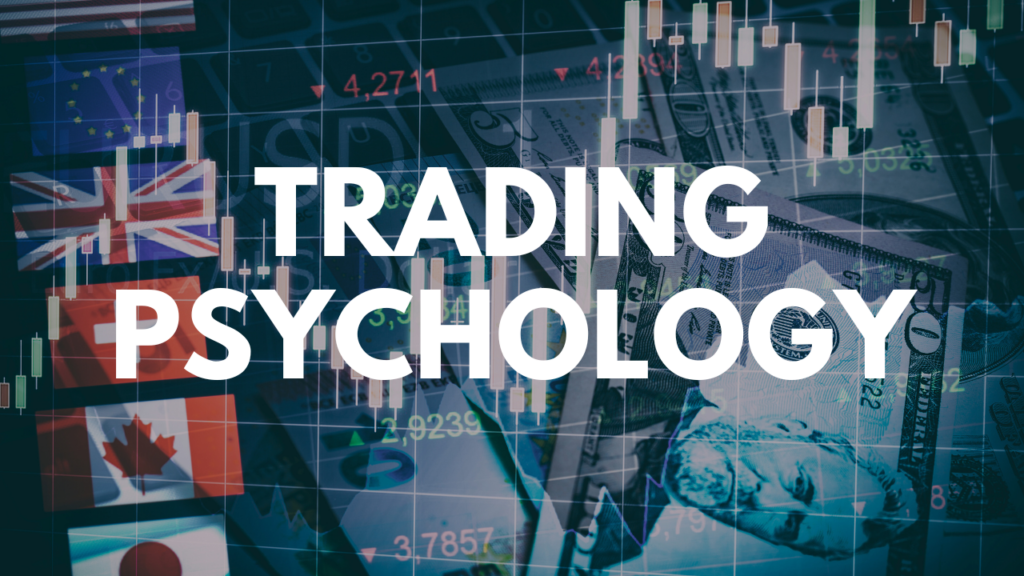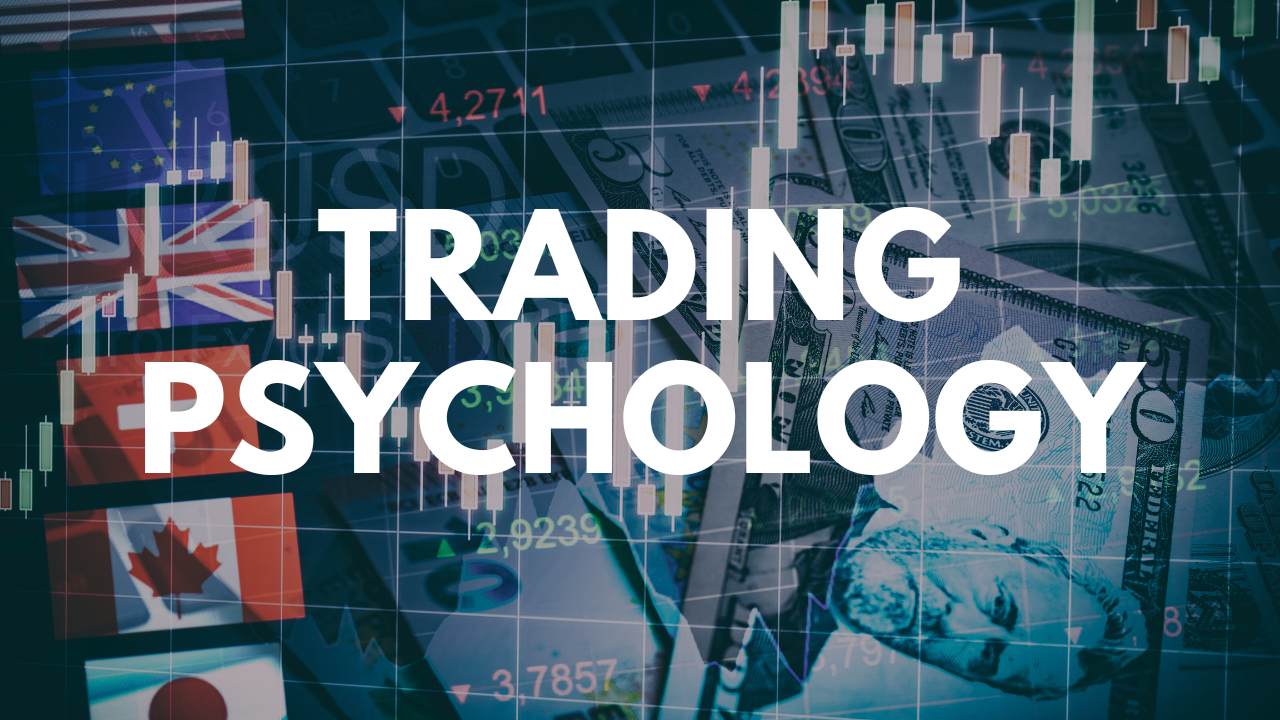
When it comes to trading, be it in stocks, crypto, or other financial markets, strategy is just the tip of the iceberg. The hidden bulk, largely responsible for your trading outcomes, is your trading psychology. It’s not just about understanding market trends and indicators; it’s about understanding yourself. In this guide, we delve into why mastering trading psychology is vital for long-term success and how you can cultivate this crucial skill.
The Cornerstone of Success: Mastering Your Trading Psychology
Emotions in trading are like unpredictable weather—capable of clouding your judgment and diverting your strategy. That’s why one of the first rules in trading psychology is to keep a cool head. By sidelining emotions and focusing on factual indicators, you cultivate a disciplined approach that distinguishes seasoned traders from novices.
Fear Of Missing Out, commonly known as FOMO, is another psychological pitfall you must navigate. Remember, the market is perpetual, and there’s always another trading opportunity around the corner. Thus, missing out on one chance doesn’t spell disaster but succumbing to FOMO can.
Related :
- Tools to Use for Trading Crypto
- Free Tips for Trading DEX Coins
- The Role of Patience for a Trader
- TradingView Paper Trading
- Risk Management Tips for Beginner Traders in Crypto
Discipline isn’t just a virtue but a mandatory trait if you aim to succeed in trading. Consistency and adherence to a well-planned strategy create a framework within which you can make calculated decisions. This disciplined approach is what elevates your trading psychology and sets you on the path to long-term success.
Confidence can be a double-edged sword. While it’s essential for making decisive trades, overconfidence can skew your perception of risk, leading to costly mistakes. It’s crucial to strike a balance—be confident in your strategies but remain humble enough to know that the market can be unpredictable.
Losses are not setbacks but learning opportunities. This is a cornerstone concept in trading psychology. Accept your losses, learn from them, and adapt your strategy accordingly. Dwelling on past mistakes or attempting to ‘win back’ lost funds can lead to a vicious cycle of poor decision-making and even greater losses.
The world of trading is in a constant state of flux, influenced by numerous variables such as market trends, geopolitical events, and economic indicators. As such, an ongoing commitment to learning and adapting is vital. Keep yourself updated with the latest market news, engage in forums, read extensively, and never become complacent.
Conclusion:
In conclusion, trading psychology is an often-underestimated factor that can significantly impact your trading performance. By mastering this aspect, you not only become a better trader but also gain valuable life skills that go beyond the trading screen. After all, the best investment you can make is in yourself.
Read Also :




